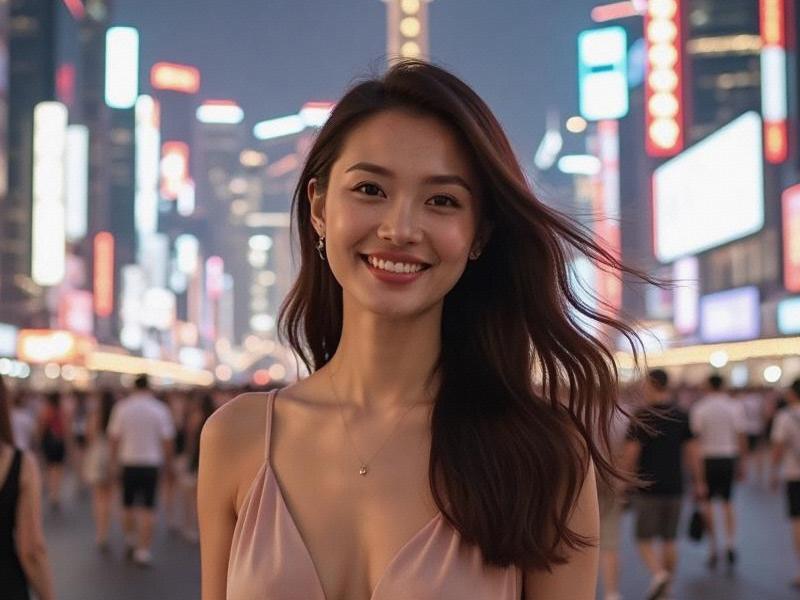This in-depth feature examines how Shanghai's women have crafted a unique urban femininity that blends traditional Chinese values with global influences, creating new paradigms for modern Asian womanhood.

The morning mist rises over the Huangpu River as Shanghai awakens to another day of quiet revolution. Along the Bund, young female executives in tailored suits stride confidently toward gleaming office towers, their footsteps echoing those of 1920s "modern girls" who first challenged gender norms. In Xintiandi's chic cafés, female entrepreneurs pitch startups between sips of single-origin coffee. This is the new face of Shanghai womanhood - equally comfortable in a qipao or power suit, rooted in tradition yet decidedly future-facing.
Dr. Li Wenjing, gender studies professor at Fudan University, identifies three seismic shifts in Shanghai femininity: "First, the complete normalization of female leadership - our research shows 76% of Shanghai women now aspire to C-suite positions. Second, the rejection of rigid beauty standards in favor of 'intellectual attractiveness.' Third, the strategic use of fashion as professional armor rather than mere decoration."
The professional landscape reveals remarkable progress. In Shanghai's financial sector, women occupy 41% of senior roles - nearly double the Asian average. The city boasts China's highest concentration of female-led unicorn startups, particularly in biotech and AI. "Shanghai women don't ask for seats at the table - we build better tables," says tech CEO Fiona Zhang, 32, whose AI company recently went public.
上海龙凤419社区
Fashion tells an equally compelling story. While international luxury brands remain popular, a new generation is championing local designers like SHANG XIA and Comme Moi. The highlight of Shanghai Fashion Week? The "Power Dressing Symposium" where female executives demonstrate how clothing choices impact career trajectories. "My first meeting outfit costs more than my monthly rent because first impressions are investments," explains venture capitalist Vivian Wu.
The beauty industry reflects evolving standards. The coveted "Shanghai Glow" - achieved through advanced skincare rather than heavy makeup - has become Asia's gold standard. Clinics report a 300% increase in non-invasive treatments since 2023. "Our clients want to look like enhanced versions of themselves, not different people," says Dr. Chen of Radiance Dermatology.
上海娱乐
The romantic landscape showcases further transformation. While marriage remains valued, Shanghai women are increasingly selective. Dating apps show local women initiate 45% more contacts than other Chinese cities. "We prioritize compatibility over convention," states attorney Grace Wang, 35. "My mother married at 23; I'll marry when I find an equal partner."
Education fuels this revolution. At top universities, women dominate business and STEM programs. The annual "Women in Tech Shanghai" conference attracts 15,000 attendees. Keynote speaker Professor Hannah Xu notes: "Shanghai women aren't waiting for opportunities - we're architecting entire new industries."
爱上海同城对对碰交友论坛
Cultural preservation plays a surprising role. Young professionals are reviving traditional crafts like embroidery and tea ceremony, often with modern twists. The "New Nüshu Collective" has reinvented the ancient women's script as feminist art.
As neon lights dance along the Huangpu, Shanghai's women continue redefining possibilities - in corner offices, art studios, and neighborhood wet markets. They represent a new Asian feminine ideal: women who honor tradition while boldly scripting their futures, their progress as dazzling as the city's skyline. In Shanghai, femininity isn't a limitation - it's the ultimate competitive advantage.